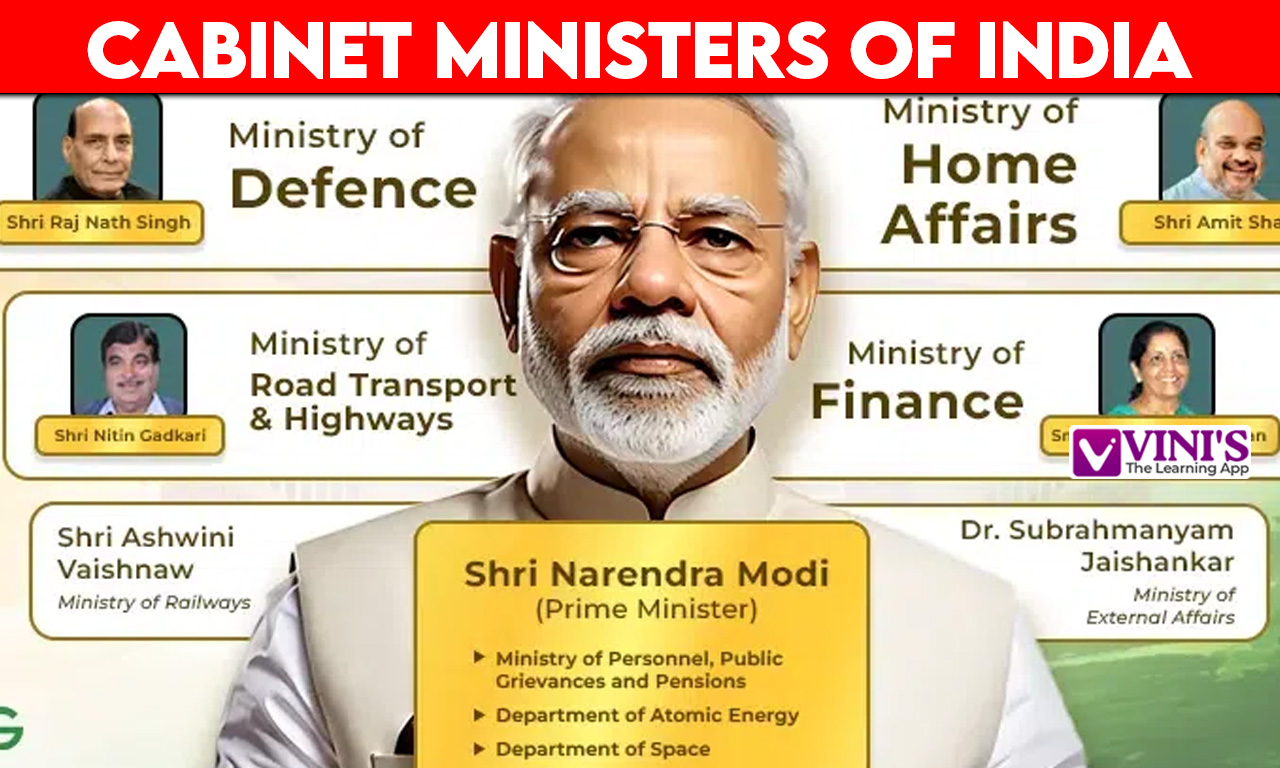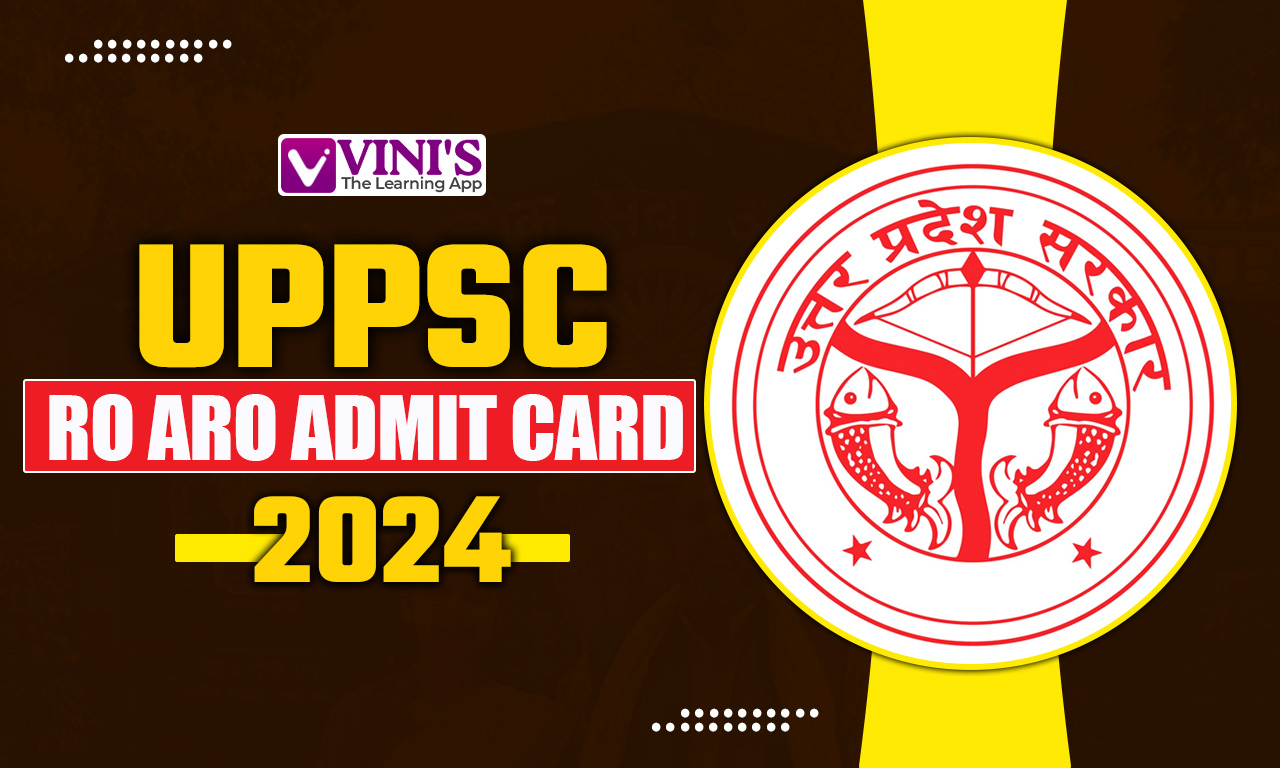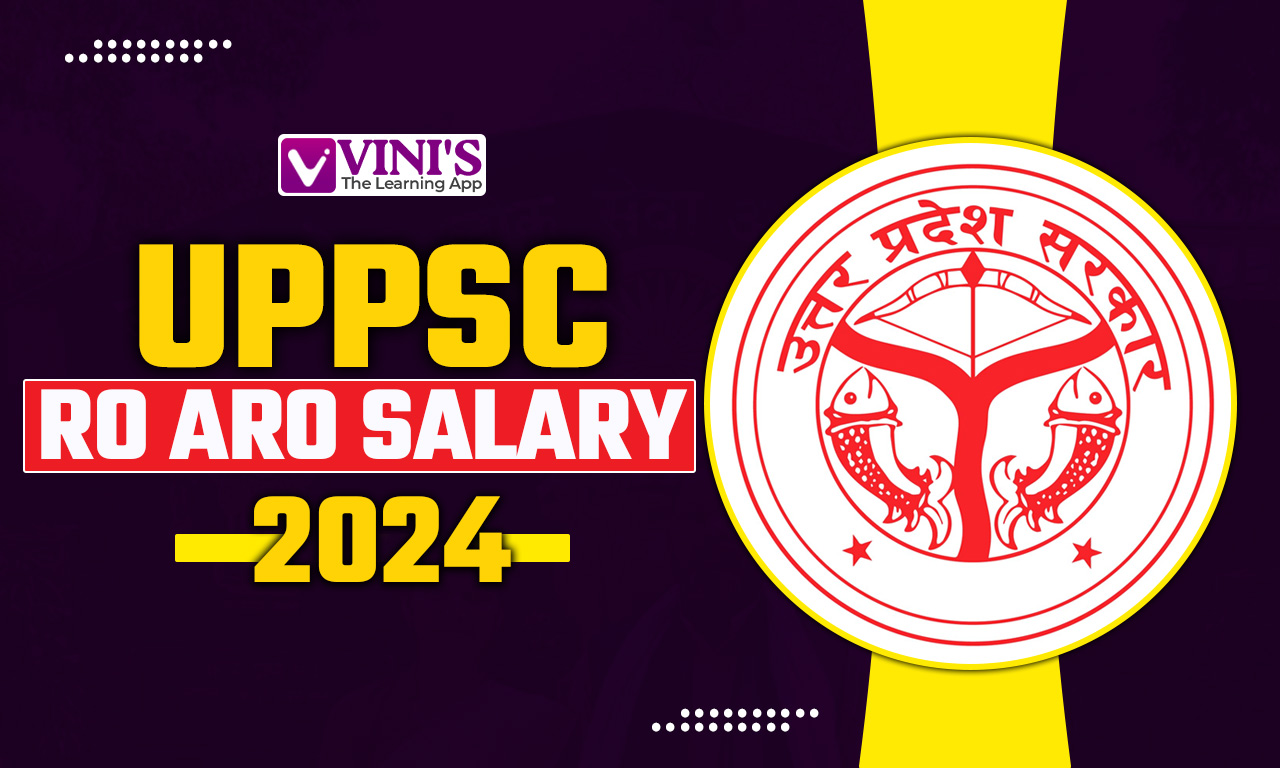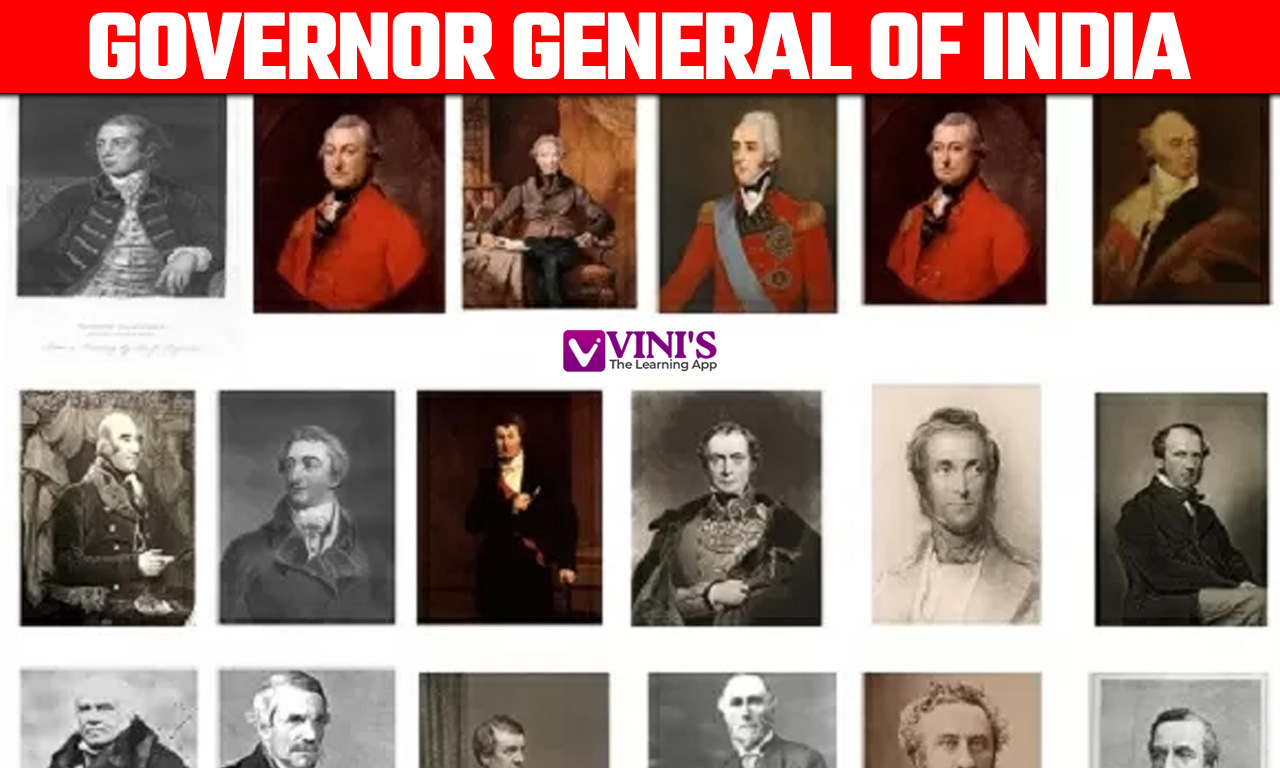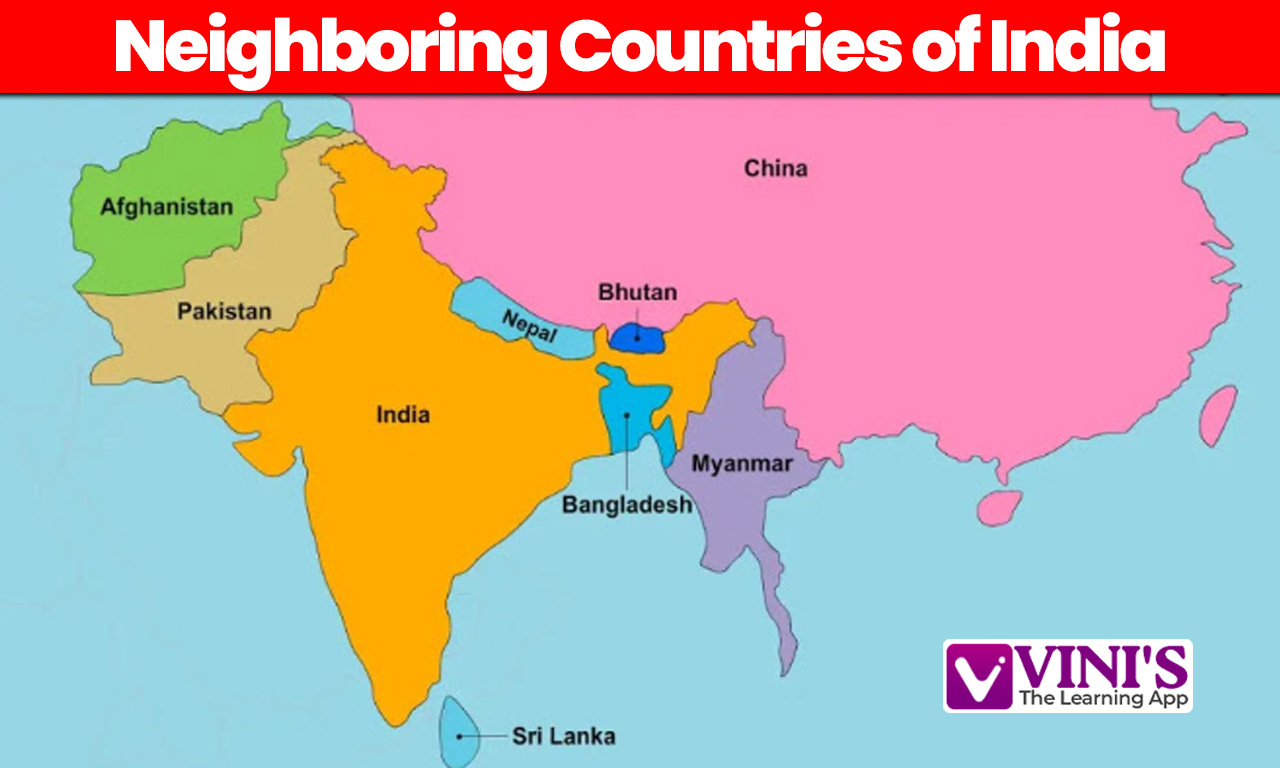Cabinet Ministers of India,:- The Council of Ministers holds the executive authority in India, comprising various ranks such as Cabinet Ministers, Ministers of State, and Ministers of State with Independent Charge. Following the 2024 general elections, on 9 June 2024, President Smt. Droupadi Murmu announced the allocation of portfolios among the Union Council of Ministers. The newly formed Council consists of 72 members, including the Prime Minister, with 30 serving as Cabinet Ministers, 5 as Ministers of State with Independent Charge, and 36 as Ministers of State.
Table of Contents
ToggleList of Cabinet Ministers of India 2024
The Cabinet Ministers of India 2024 form the core of the Union Council of Ministers, responsible for key decision-making in the government. Following the 2024 general elections, the list of Cabinet Ministers, appointed by the President of India, includes senior leaders entrusted with crucial portfolios across various sectors, shaping the nation’s policies and governance. Check out the list of Cabinet Ministers of India below:-
| Cabinet Ministers of India | Portfolio |
| Shri Rajnath Singh | Minister of Defence |
| Shri Amit Shah | Minister of Home Affairs; and Minister of Cooperation |
| Shri Nitin Jairam Gadkari | Minister of Road Transport and Highways |
| Smt. Nirmala Sitharaman | Minister of Finance; and Minister of Corporate Affairs |
| Shri Shivraj Singh Chouhan | Minister of Agriculture and Farmers’ Welfare; and Rural Development |
| Dr. Subrahmanyam Jaishankar | Minister of External Affairs |
| Shri Jagat Prakash Nadda | Minister of Health and Family Welfare; and Minister of Chemicals and Fertilizers |
| Shri Manohar Lal | Minister of Housing and Urban Affairs; Minister of Power |
| Shri H. D. Kumaraswamy | Minister of Heavy Industries; and Minister of Steel |
| Shri Piyush Goyal | Minister of Commerce and Industry |
| Shri Dharmendra Pradhan | Minister of Education |
| Shri Jitan Ram Manjhi | Minister of Micro, Small and Medium Enterprises |
| Shri Rajiv Ranjan Singh alias Lalan Singh | Minister of Panchayati Raj; and Minister of Fisheries, Animal Husbandry and Dairying |
| Shri Sarbananda Sonowal | Minister of Ports, Shipping and Waterways |
| Dr Virendra Kumar | Minister of Social Justice and Empowerment |
| Shri Kinjarapu Rammohan Naidu | Minister of Civil Aviation |
| Shri Pralhad Joshi | Minister of Consumer Affairs, Food and Public Distribution; and Minister of New and Renewable Energy |
| Shri Jual Oram | Minister of Tribal Affairs |
| Shri Giriraj Singh | Minister of Textiles |
| Shri Ashwini Vaishnaw | Minister of Railways; Minister of Information and Broadcasting; and Minister of Electronics and Information Technology |
| Shri Jyotiraditya M. Scindia | Minister of Communications; and Minister of Development of North Eastern Region |
| Shri Bhupender Yadav | Minister of Environment, Forest and Climate Change |
| Shri Gajendra Singh Shekhawat | Minister of Culture; and Minister of Tourism |
| Smt. Annpurna Devi | Minister of Women and Child Development |
| Shri Kiren Rijiju | Minister of Parliamentary Affairs; and Minister of Minority Affairs |
| Shri Hardeep Singh Puri | Minister of Petroleum and Natural Gas |
| Dr. Mansukh Mandaviya | Minister of Labour and Employment; and Minister of Youth Affairs and Sports |
| Shri G. Kishan Reddy | Minister of Coal; and Minister of Mines |
| Shri Chirag Paswan | Minister of Food Processing Industries |
| Shri C R Patil | Minister of Jal Shakti |
Important Facts on Cabinet Ministers of India
Here are some important facts about the Cabinet Ministers of India:
- Core of the Executive: Cabinet Ministers of India are the senior-most members of the Union Council of Ministers and play a central role in shaping national policies and decisions.
- Appointments: They are appointed by the President of India on the recommendation of the Prime Minister and are typically senior leaders from the ruling party or coalition.
- Collective Responsibility: The Cabinet operates under the principle of collective responsibility, meaning they make joint decisions and are collectively accountable to the Parliament.
- Portfolios: Each Cabinet Minister is assigned a specific portfolio, such as finance, defense, external affairs, or education, and is responsible for managing that ministry’s functions.
- Prime Minister’s Leadership: The Prime Minister is the head of the Cabinet and has the authority to reshuffle, appoint, or dismiss ministers.
- Cabinet Size: The size of the Cabinet can vary depending on the Prime Minister’s discretion, typically comprising key ministries that deal with significant national matters.
- Decision-Making: The Cabinet Ministers of India are responsible for making critical decisions on national security, economic policy, foreign affairs, and other important issues, which are then implemented by the bureaucracy.
- Cabinet Committees: Some Cabinet Ministers are also part of various specialized committees, such as the Cabinet Committee on Security or Economic Affairs, which focus on specific areas of governance.
- Representation: Cabinet Ministers usually represent different regions, castes, and communities to ensure a diverse and inclusive government.
- Key Role in Legislation: Cabinet Ministers play a crucial role in drafting, proposing, and implementing laws and policies through their respective ministries.
Read more GK topics on VINI IAS.


